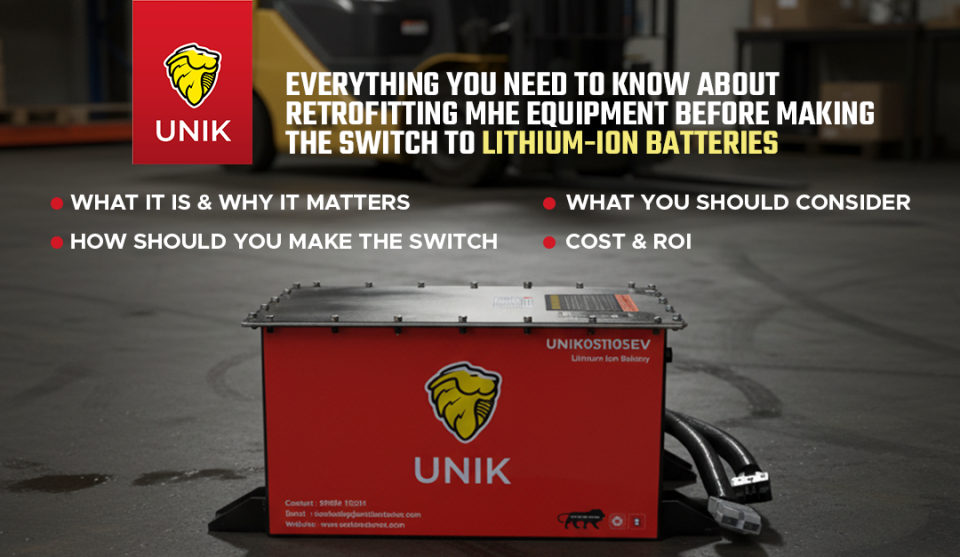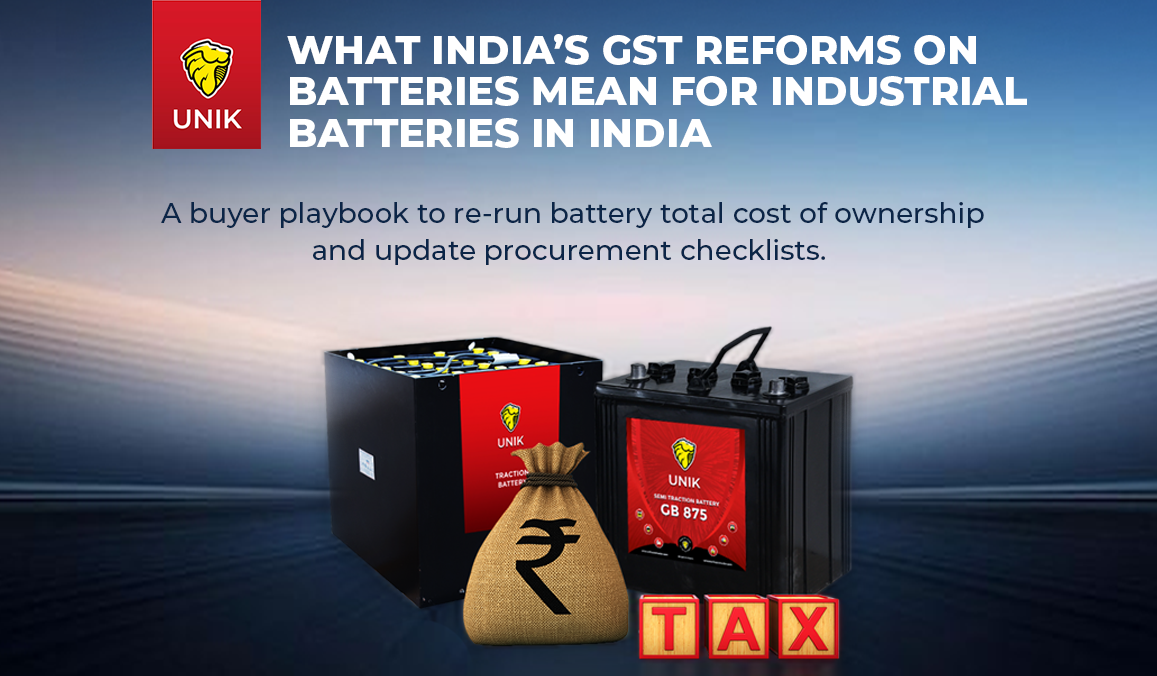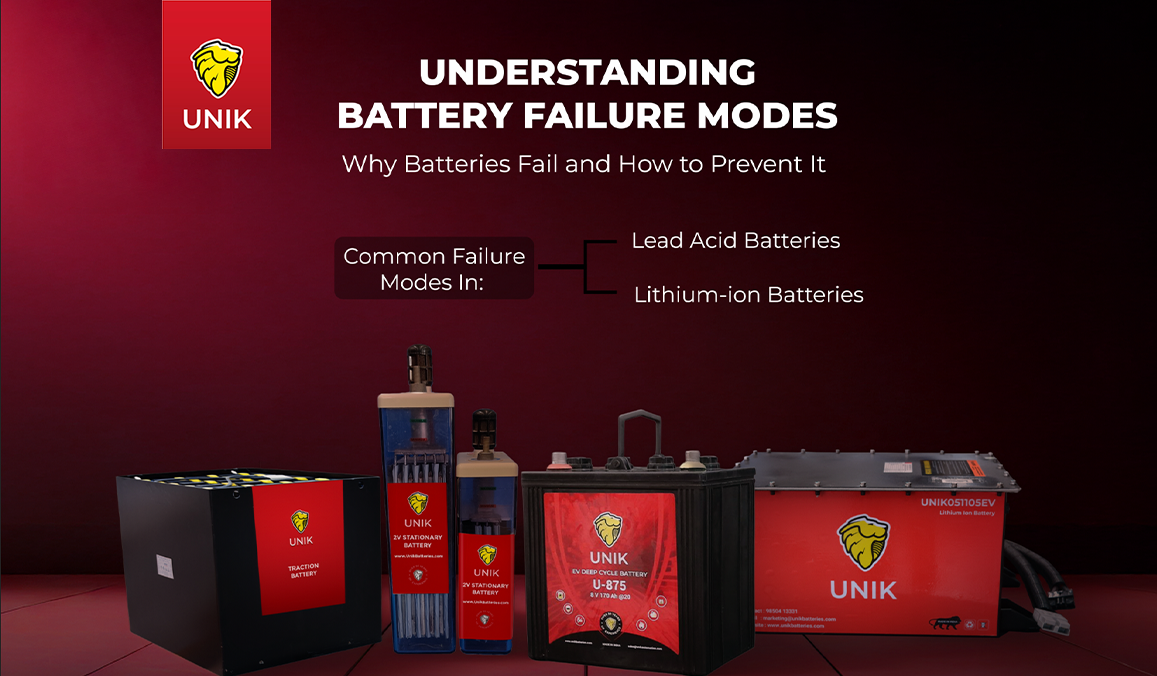What are the reasons for blasting of Tubular/Lead-Acid Batteries?
The possible reasons for explosion of a lead acid battery can be either or a combination of the following :
1) The battery can explode if it is subject to a overcharge i.e. charged continuously though it is fully charged.When a battery is fully charged it means the active material has converted to sponge lead on the negative plates & lead dioxide on the positive plates.
In such a condition there is no lead sulphate active material to be converted chemically on both positive & negative plates.The electrical energy fed by the charger which is supposed to be converted to chemical energy is converted to heat energy.
The electrolyte is heated & the evolving explosive hydrogen gas generated builds up pressure under the vent plugs causing the vent plugs to pop up or builds up pressure sufficient enough to explode the battery.
2) The battery can explode if an improper charger is used to charge the battery. When a battery is connected to a charger which is meant for a larger capacity battery the charger starts charging the battery at a higher than recommended current.
In such cases the battery life is affected and the active material from the plates start shedding creating an internal short. The internal short causes heat and explosion. In this case the internal short is not because of a manufacturing defect but due to incorrect charger selection.
3) The battery can explode if sources of static electricity cause spark in the vicinity of batteries. Also naked flames or sparks of welding or any other sparks near batteries whilst batteries are on charge can cause a fire or explosion. As and when batteries are on charge hydrogen gases are evolved.
Hydrogen gas is very flammable and yields explosive mixtures with air and oxygen. Since hydrogen gas is flammable the source of spark with oxygen from the atmosphere can lead to a fire and explosion of battery. Hence even smoking cigarettes is not recommended in rooms where batteries are on charge.
4) The battery can explode if the batteries are on charge in a room with improper ventilation. When batteries are on charge hydrogen & oxygen are both evolved as gases.They do recombine to form water but not fully.
If the hydrogen gas is evolved to such an extent that the concentration of hydrogen gas is greater than 4% it can cause an explosion of the battery.Hence batteries must be charged in an atmosphere where the gases can escape.The battery manufacturers usually recommend battery charging areas or rooms to have adequate ventilation with at least six air changes per hour.
5) The battery can explode if batteries of smaller than recommended size or lower Ah capacity are used. At times – due to non-availability of correct capacity batteries or cost consideratons – batteries of lower capacity are fitted to equipments or vehicles.
In such cases the charger being of a much larger capacity than required by battery – it tends to overcharge the battery, heating up the battery, causes bubbling & gassing with a possible explosion of battery due to pressure build up within the battery container.
6) The battery can explode if battery terminals are shorted externally with any metal object or conducting substance.
7) The battery can explode if battery has an internal shorting due to manufacturing defect.
8) The battery can explode if the vent holes of vent plugs are clogged due to battery being kept or used in a dusty/dirty environment.The batteries having such clogged vent holes of vent plugs shall not allow gases to escape due to which there shall be pressure build up leading to an explosion.






